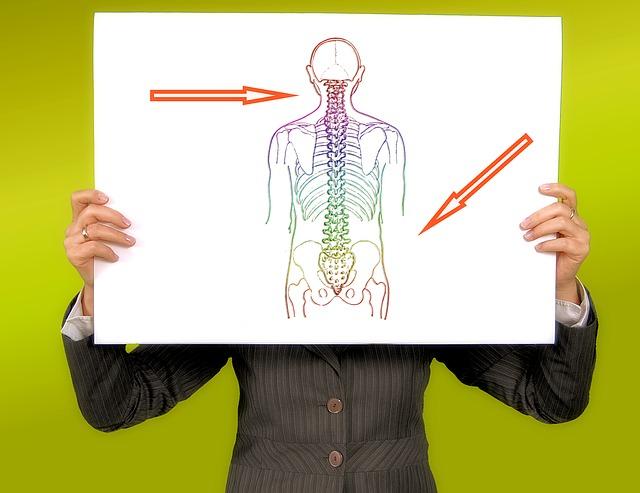
A Herniated Disc
In extreme cases, a herniated disc can be so advanced, causing so much pain that surgery is advisable. More often however, a herniated disc will heal itself in a matter of months if the right steps are taken toward treatment and management: it can either be the tip of the iceberg for a life altering condition or a wake up signal that says you need to start taking care of your back. A herniated disc is a common spinal problem that involves the intervertebral discs that accentuate the vertebrae in the spine. Made up of cartilaginous material, these discs provide shock absorption and prevent bones from grinding upon eachother. What happens when these discs, as with any piece of fine-tuned machinery, degrade over time?
Herniation is a logical outcome: the outer layer of the intervertebral disc bulges or breaks, allowing the softer core to leak out, putting pressure on nearby nerves that are exiting the spinal column. This nerve impingement is responsible for the pain that is being signaled to your brain. The main causes of herniation involve, among others:
- Wear and tear
- Age
- Acute injury
- Poor posture
Symptoms vary as exemplified by the fact that pain and discomfort involved with a herniated disc can range from non-existent to severe and can cause conditions like sciatica which affect the extremities. Herniated discs usually respond well to the flexion-distraction modality: using a specialized table, we encourage the bulging material to recenter itself and stop pressing on the nerve. Using this and other methods including muscle stimulation, corrective stretching, nutrition and exercise, we help reduce the amount of inflammation in the area, easing your pain.
For people looking to manage their herniated disc the natural way, call our office in Houston at (713) 862-2440.
Dr. Randall Holmes, D.C.